
The Failing War On Drugs - A Summary
When he launched the War on Drugs in 1971, President Richard Nixon claimed that drug abuse was "public enemy number one". Since then, the War has been ongoing, and, by many accounts, growing less and less effective. So, how is it that the War on Drugs turned into such a futile cause? And how much damage has it wreaked on the world?
To understand the impact—and failure—of the War on Drugs, it is essential to understand America's changing relationship with psychotropic substances. To do this, it helps to split history into vastly uneven halves: pre-World War I, and post-World War I.
Many of America's indigenous tribes enjoyed sacred relationships with native plants, including psychotropic drugs like cannabis, peyote, and mushrooms. These plants played—and continue to play—key roles in spiritual and social ceremonies, as well as day-to-day living.
Post-colonisation and throughout the 1800s, there was a liberal attitude toward drugs. While drugs such as opium were understood for their recreational power, heroin was used to treat respiratory problems, cocaine was a natural ingredient in Coca-Cola, and morphine was regularly prescribed by doctors as a pain reliever.
FROM TAXATION TO PROHIBITION
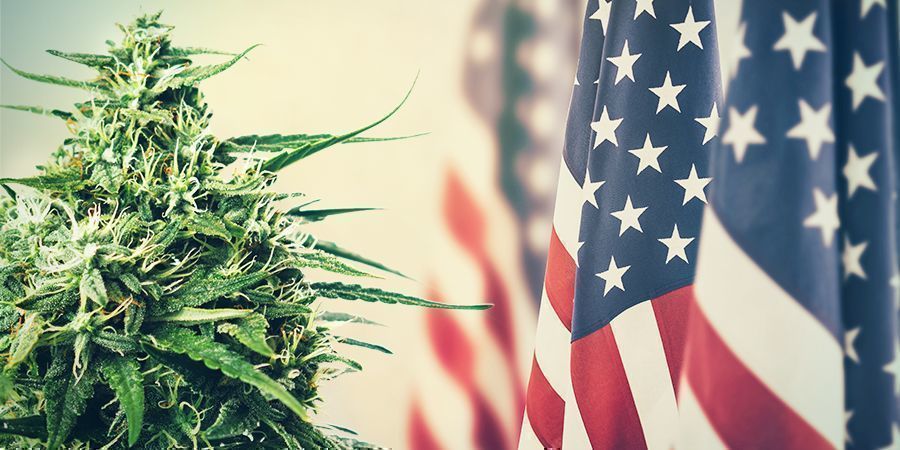
The second half of America's relationship with drugs has less to do with World War I itself, and more to do with the impact of the Temperance movement and Prohibition.
By the turn of the 20th century, states were beginning to introduce taxes on drugs, or restricting them to medicinal use only. So, while the 1909 Smoking Opium Exclusion Act banned the use of opium for smoking, it was still available for medicinal purposes.
In 1914, Congress introduced the Harrison Act to regulate and tax the production, importation, and distribution of cocaine and opiates. In 1917, alcohol prohibition followed quickly as Congress passed the 18th Amendment and the National Prohibition Act (also known as the Volstead Act).
MARIHUANA TAX ACT

From 1917 until 1933, Prohibition was strictly enforced, and introduced a religious and moral disdain of drugs. This was compounded by the fact that many of the soldiers returning from WW1 were treated with morphine for their injuries, which led to a dramatic increase in drug addiction.
The founding of the Federal Bureau of Narcotics in 1930, and the Uniform State Narcotic Drugs Act, introduced further attempts to regulate and tax the misuse of narcotics, allegedly to help combat addiction. This was reinforced by the first American cannabis law, introduced in 1937. The "Marihuana Tax Act" assigned a tax on the sale of cannabis, hemp, and marijuana, without criminalising the possession or use of marijuana.
So, how did America jump from relatively relaxed drug laws to today’s current landscape of oppressive and punitive drug laws? Blame for this can be placed squarely at the feet of one man: President Richard Nixon.
THE UGLY REASONS BEHIND THE WAR ON DRUGS
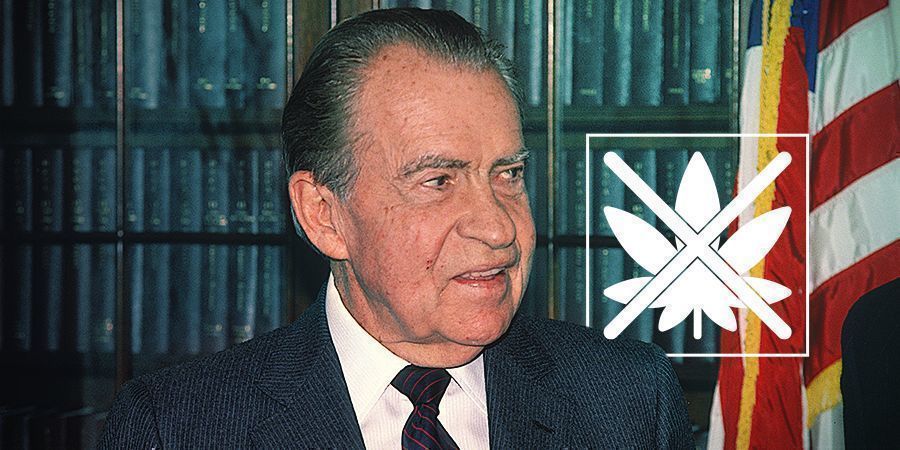
Inaugurated in 1969, Nixon assumed the presidency while the US was in the middle of a prolonged Vietnam War. The country was still reeling from the 1963 assassination of JFK and the 1968 assassination of his brother, Robert. It was generally a period of social unrest within the US.
Nixon had won the election by a particularly narrow margin, and was running for re-election in 1972. In 1971, Nixon presented the problem of drug addiction as a national emergency. By framing the issue as a "War" on drugs, he could ask for $84m for "emergency measures" to be put in place. Yet, the truth is, the War on Drugs was about more than addiction.
In fact, it was a useful political tool. Recreational drug use was particularly popular among two specific demographics: the anti-war left, and black people. Neither of these social groups was in favour of Nixon as president, and so the War on Drugs allowed the president to punish his political enemies while seeking to actively discredit them.
This is not the realm of conspiracy theory. In a 1994 interview with journalist Dan Baum, Nixon's domestic policy chief John Ehrlichman was explicit about why the administration needed the cover of the War on Drugs.
"We knew we couldn't make it illegal to be either against the war or blacks, but by getting the public to associate the hippies with marijuana and blacks with heroin, and then criminalizing both heavily, we could disrupt those communities. We could arrest their leaders, raid their homes, break up their meetings, and vilify them night after night on the evening news. Did we know we were lying about the drugs? Of course, we did".
Did we know we were lying about the drugs? Of course, we did".
The result? Nixon won the 1972 election by a landslide.
MEASURES TAKEN TO CONTROL DRUG USE AND TRADE
Nixon's policy on drugs introduced strict laws, harsh punishments for recreational use, and the creation of specialist enforcement agencies. This set the tone not only for America's domestic drug policy, but the way in which the US would influence foreign countries.
ANTI-DRUG POLICY IN THE USA
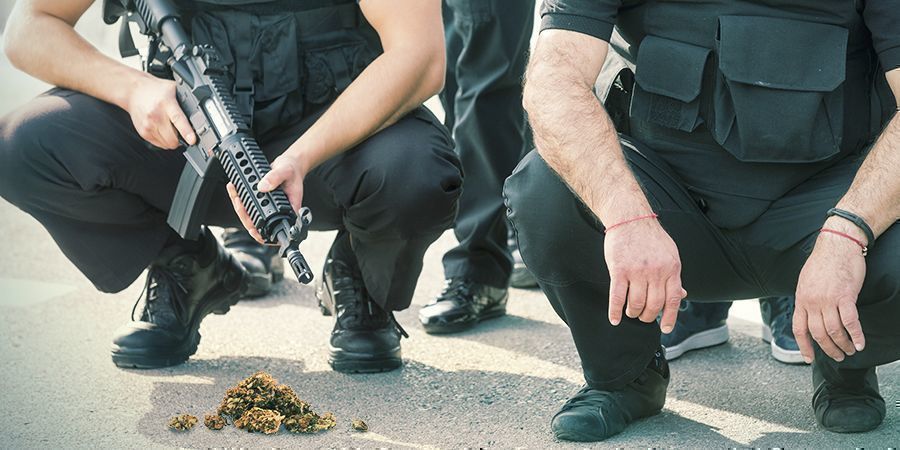
The Controlled Substances Act, or CSA, was signed into being in 1970 and served to classify drugs under five distinct tiers or schedules. These schedules rank drugs based on how they can be medically applied, as well as their potential for abuse.
The highest tier, or Schedule I, is for those drugs considered to be the most addictive and to display the least medical benefit. Schedule I drugs include heroin, LSD, MDMA, and cannabis. The lowest tier, or Schedule V, includes substances like cough syrup containing codeine.
By June 1971, Nixon had dramatically increased the amount of federal funding allocated to drug-control agencies. Stricter punishments came into force, such as mandatory prison sentences for drug crimes, as well as the formation of the Special Action Office for Drug Abuse Prevention. By 1973, Nixon had introduced the Drug Enforcement Administration (DEA).
Throughout the 1980s, and the presidencies of Ronald Reagan and George H.W. Bush, the attitude of condemning drug use and heavily punishing offenders continued. Reagan's Comprehensive Crime Control Act of 1984 effectively ended widespread recreational use of cannabis, and initiated mandatory minimum sentences and civil asset forfeiture. From 1980 to 1984, the operating budget of the FBI's drug enforcement units rose from $8 million to $95 million.
The ONDCP, or the Office of National Drug Control Policy, was established in 1988 and introduced 1989's National Youth Anti-Drug Media Campaign. Supported by both Presidents Bush and Clinton, the directorship of the ONDCP was introduced and then promoted to cabinet-level status. Funding for the department came with the Treasury and General Government Appropriations Act of 1998.
OPERATIONS IN FOREIGN COUNTRIES
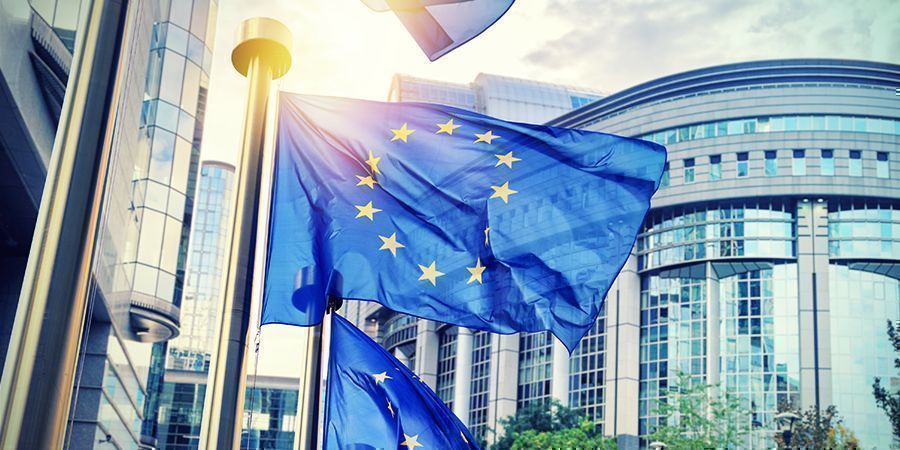
While Nixon claimed to limit the involvement of the US in foreign conflicts, the very notion of a "War on Drugs" served as a useful cover for US military and paramilitary operations. US involvement in foreign countries under the guise of a drug war led to huge amounts of foreign aid money, equipment, training, and troops influencing foreign politics and preventing left-wing insurgencies.
The CIA has also come under fire over claims of drug trafficking. It has been suggested that the agency is responsible for trafficking drugs from the early '60s through the 21st century. This includes allegations of trading heroin in the Golden Triangle and operating drug trafficking businesses in Mexico, Honduras, Nicaragua, Panama, and Venezuela.
THE IMPACT OF THE WAR ON DRUGS
The War on Drugs has led to irreparable damage in the US, both domestically and in terms of scientific progress.
SOCIO-ECONOMIC IMPACT
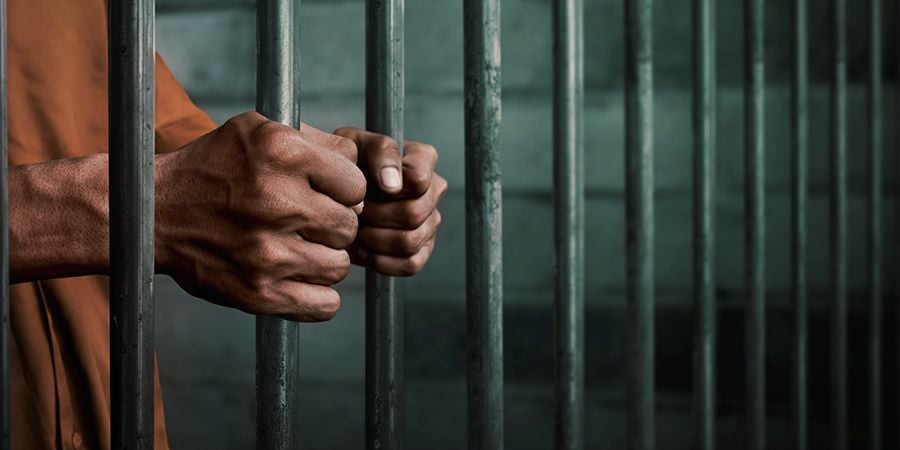
Nixon's attempt to target specific social demographics has led to a huge amount of socio-economic imbalance. This continued through the '90s, where drug punishment disproportionately affected the black community, as well as lower-income social groups.
The political knock-on effect of mandatory prison sentences has led to the incarceration and disenfranchisement of increasing numbers of young Americans of colour. Depending on the state, this can lead to the permanent removal of voting rights, education opportunities, employment, and housing among already under-represented groups.
TAXPAYER IMPACT
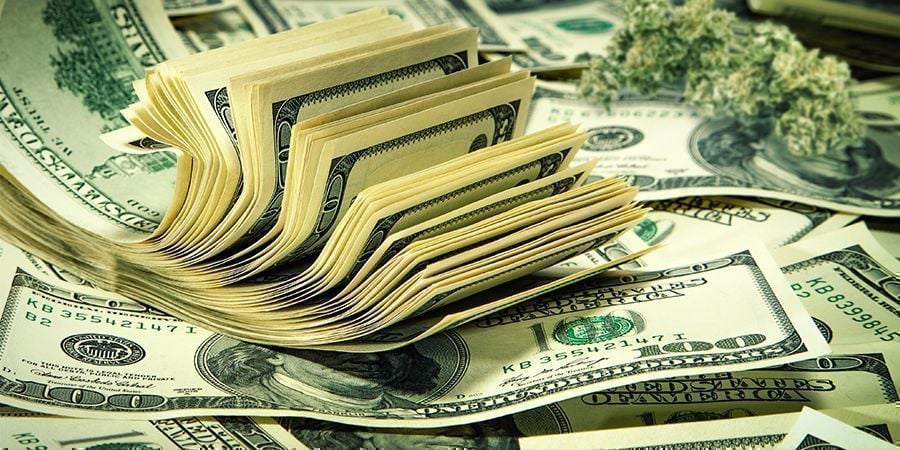
A 2008 study by Harvard economist Jeffrey A. Miron claims that if the War on Drugs were dropped, a total of around $41.3 billion would be saved by the US. Comparing the cost of enforcement and prison costs, as well as the benefits of taxing legal drugs, Miron concluded that there could be an increase of $46.7 billion in tax income.
GROWER IMPACT
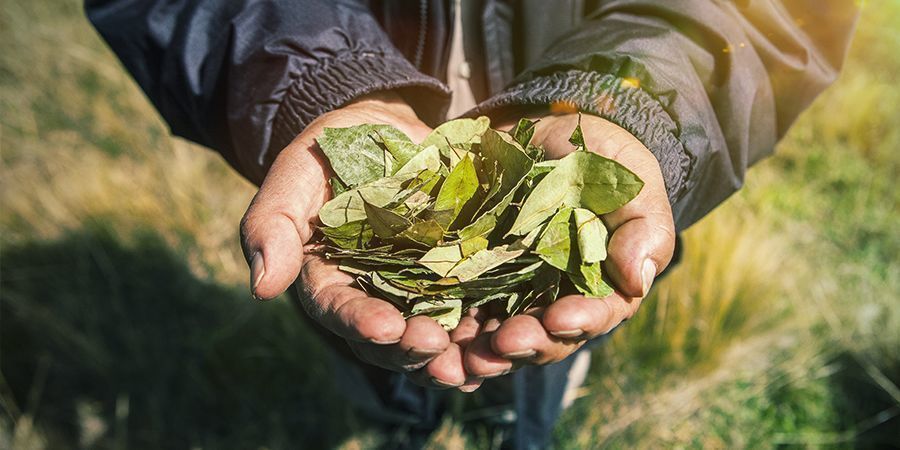
Internationally, US attempts to prevent drugs from being imported or used have had a huge impact on the livelihood of farmers. For example, in South America, the coca leaf has been traditionally used for spiritual, medicinal, and nutritional purposes. Yet, the US coca eradication policy was employed without offering farmers an alternative crop, and was enforced by the US military. This has left farmers without food, income, or opportunity.
THE WAR ON DRUGS: A COMPLETE FAILURE?
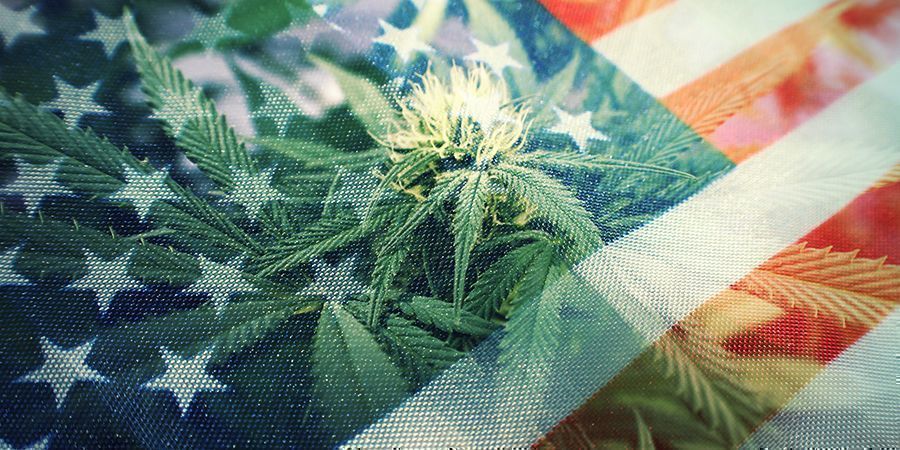
The inefficiency of drug prohibition cannot be overstated, and the ramifications across many different societies are profound. In fact, a prohibitive approach has had little impact on the global supply of drugs, while negatively impacting human rights, international security, national development, and human health.
Put simply: the War on Drugs is a complete failure. It offers no benefit to the health and safety of society; if anything, it makes it worse.
Fundamentally, this failure is a result of an inadequate emphasis on the treatment of addiction, and racism. By spending the majority of funds on law enforcement and punishment, the federal government has failed to offer any benefit by way of drug-treatment facilities, or a genuine effort to curb drug use.
However, in Europe, there is beginning to be a greater return to common sense. By focusing on responsible drug use, and highlighting harm-reduction methods, the negative impacts of drug use can be dramatically diminished.
In the Netherlands, drug use isn't considered to be a legal issue. Instead of prioritising punishment, the Dutch government has opened up centres where drug users can partake in clean and safe environments. The net result is a reduction in mortality rate, and a reduction in the spread of viruses such as HIV and hepatitis C. Countries such as Germany, Spain, Canada, and Norway have started similar projects, signalling a change in the way we think about drugs.
Rather than spending billions of dollars on pointless, punitive behaviour, without a doubt, it's time to call for an end to the War on Drugs, and instead focus on a future of responsible, mindful, peaceful drug use.
- (n.d.). - https://cdn.penalreform.org
- (n.d.). Four Decades and Counting: The Continued Failure of the War on Drugs | Cato Institute - https://www.cato.org





 United States
United States











